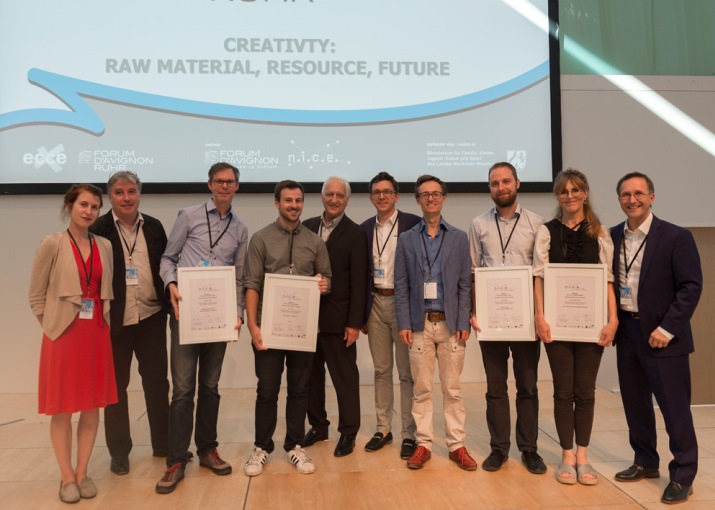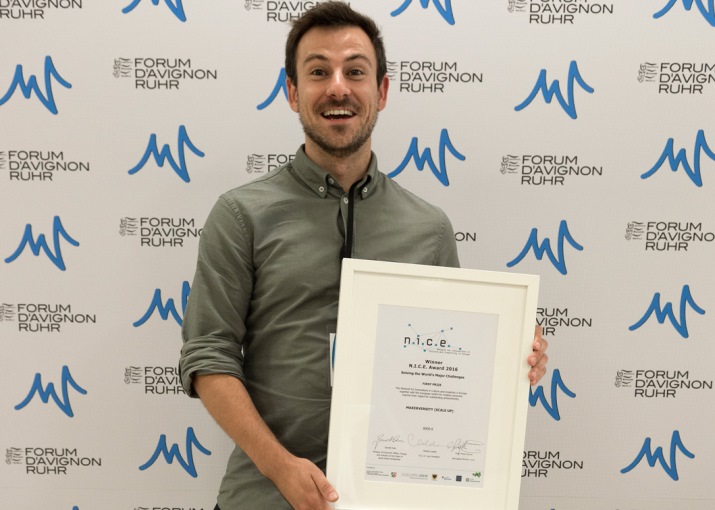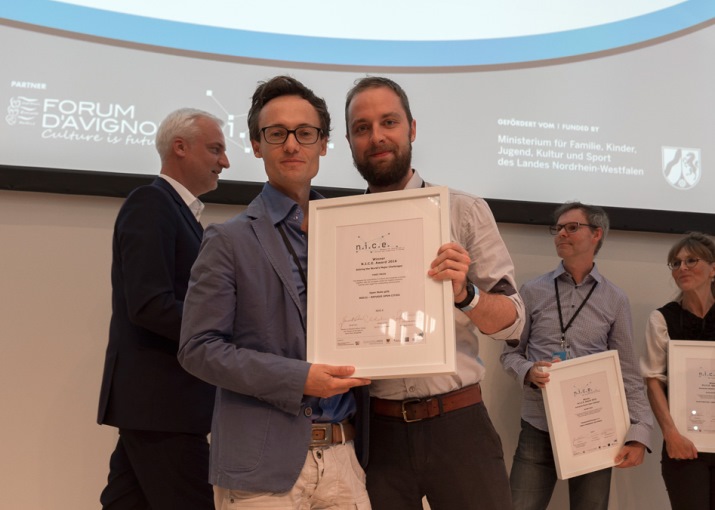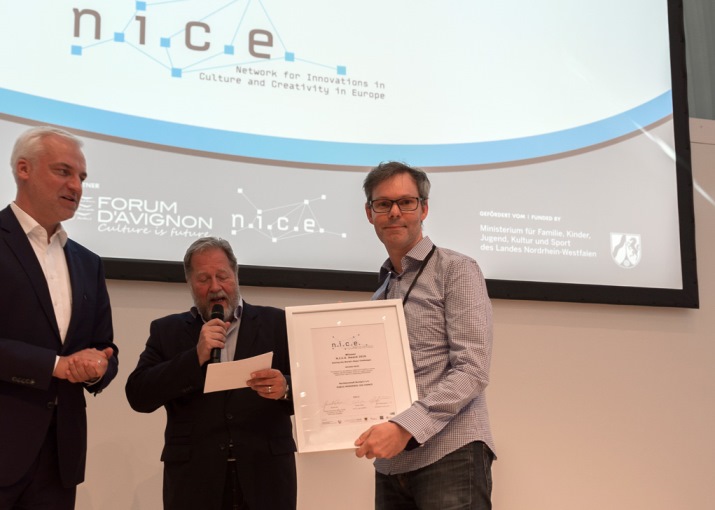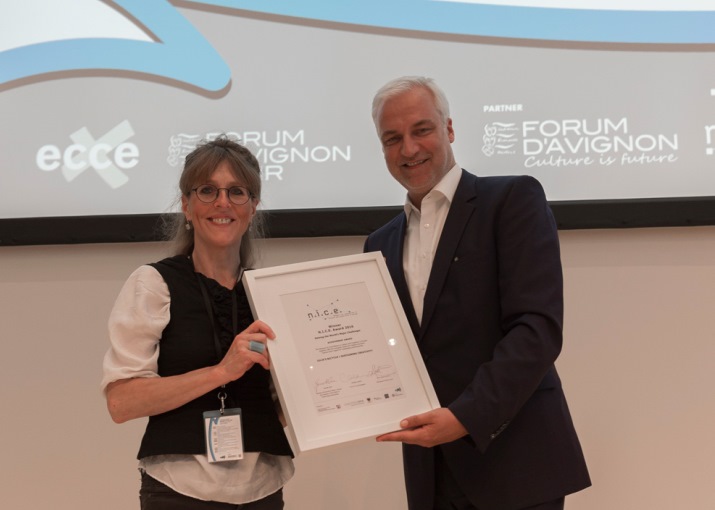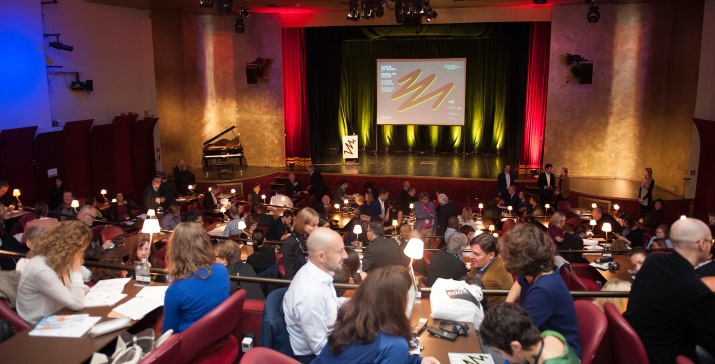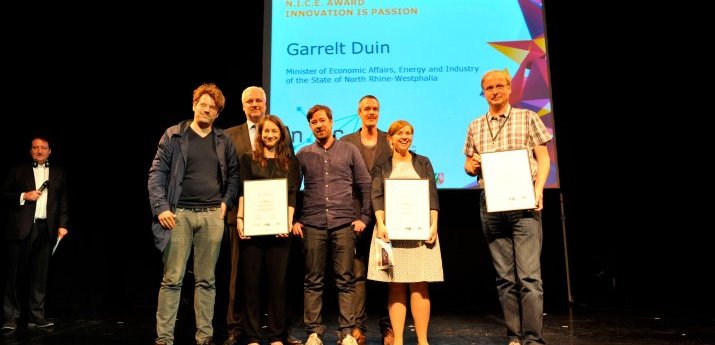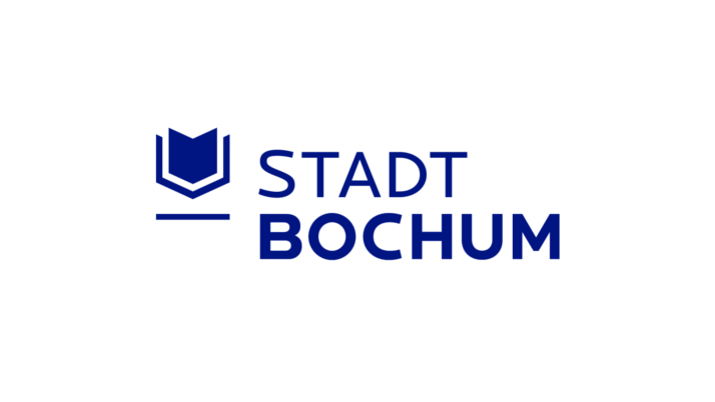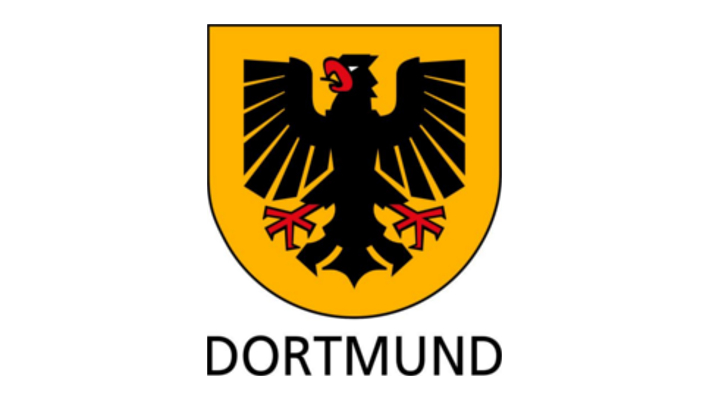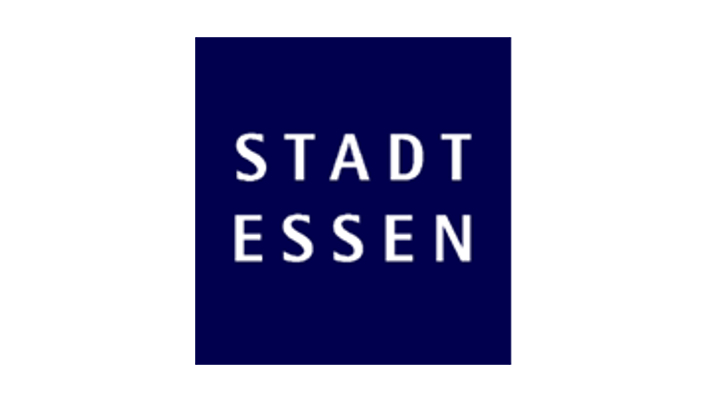
Innovationen in den Bereichen Migration, Wirtschaft und Stadtentwicklung mit NICE Award 2016 ausgezeichnet
Der nordrhein-westfälische Wirtschaftsminister Garrelt Duin hat drei Projekte mit dem NICE Award 2016 ausgezeichnet, die modellhafte Lösungsansätze für wichtige gesellschaftliche Fragen bieten. Die Jury, unter dem Vorsitz des bekannten britischen Stadtforschers Charles Landry, hatte zuvor 105 Bewerbungen aus 25 Ländern gesichtet und 12 Projekte aus Frankreich, Georgien, Deutschland, dem Vereinigten Königreich, den Niederlanden und Spanien für die Shortlist ausgewählt, die am 24. August 2016 in der Philharmonie Essen präsentiert wurden.
Zwei Projekte belegen den ersten Platz
„Makerversity“ und „Refugee Open Cities“ erhielten je 8000 Euro Preisgeld. Makerversity mit Sitz in London und Amsterdam, ist eine Plattform für kreative junge Unternehmer der globalen Maker-Bewegung, deren zentrale Plattform der sogenannte Maker-Campus ist. Hier tauschen sich die TeilnehmeInnen aus der Maker-Szene aus. Sie profitieren dabei nicht nur von dem Wissen Anderer, sondern geben gleichzeitig auch ihre eigenen Erfahrungen an andere weiter. Das Berliner Projekt Refugee Open Cities hingegen verbessert die Lebensqualität in Flüchtlingsunterkünften durch persönliche Beteiligung. Wie das gelingt?: Geflüchtete werden zu DesignerInnen ihrer eigenen Lebensumstände und nutzen ihre kreativen Talenten dazu eine lebenswerte Gemeinschaft aufzubauen.
Der Juryvorsitzende Charles Landry betonte: „Beide Projekte zielen auf wesentliche und zugleich sehr unterschiedliche Fragen ab.“
Der zweite Preis (4000 Euro) ging an das Dortmunder Projekt „Public Residence: Die Chance“. Über 1 Jahr lang arbeiteten 4 KünstlerInnen gemeinsam mit den BewohnerInnen vor Ort zusammen, um kreative und soziale Projekte im Stadtteil zu realisieren – für die Umsetzung/Finanzierung wurde die Kunstwährung Chancen ins Leben gerufen. Das Besondere: Die Bewohner organisierten selbst kreative und künstlerische Projekte und wurden so zu HoffnungsträgerInnen für die Revitalisierung des Borsigplatzes.
Die Jury ehrte die Londoner Initiative Julie’s Bicycle mit einem Achievement Award einer undotierten Sonderaauszeichnung. Seit zehn Jahren bestärkt die Initiative kulturelle und kreative Sektoren darin, sich aktiver gegen den Klimawandel einzusetzen.

